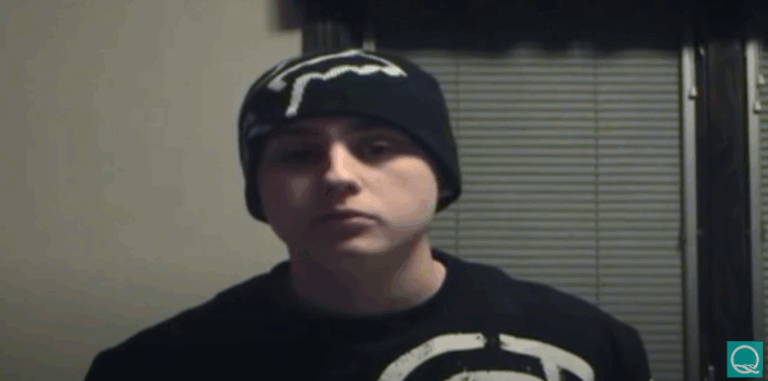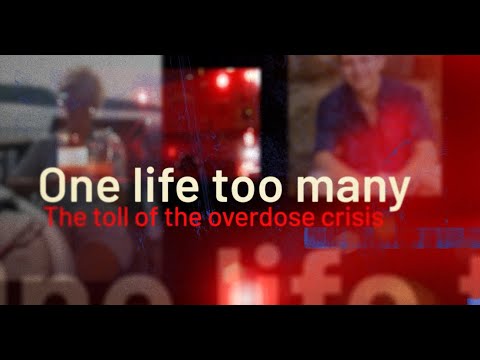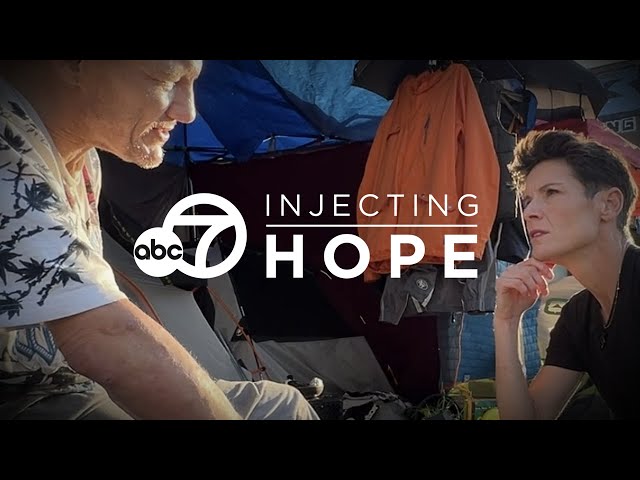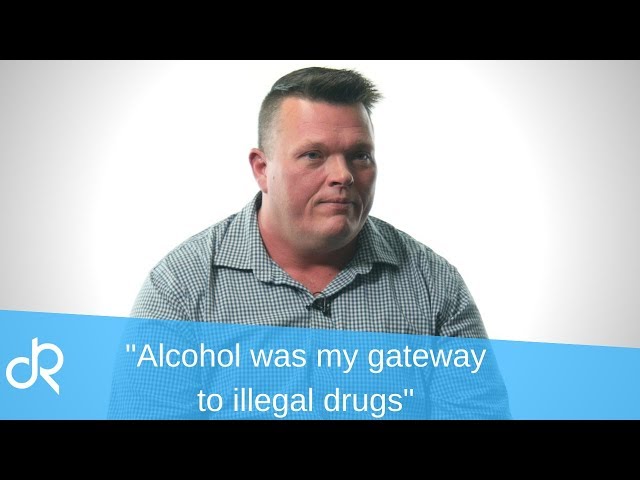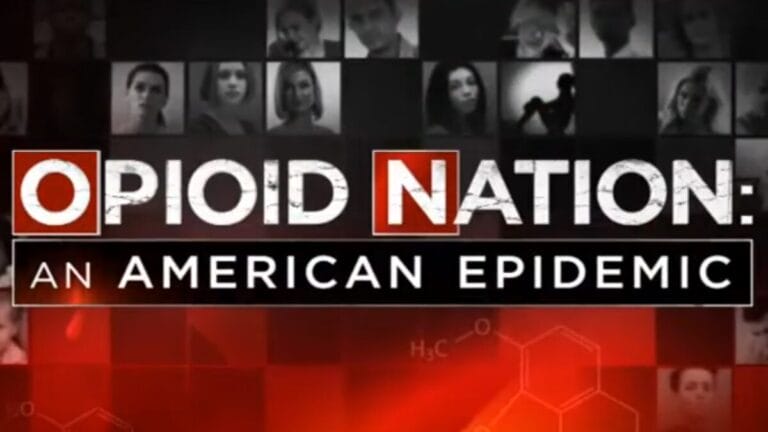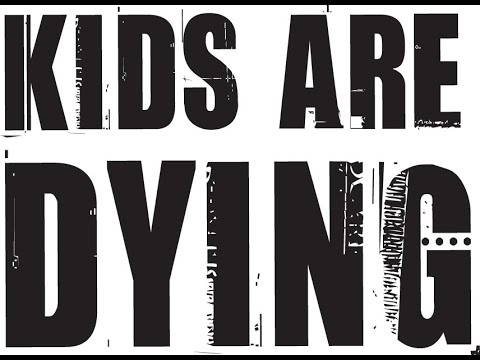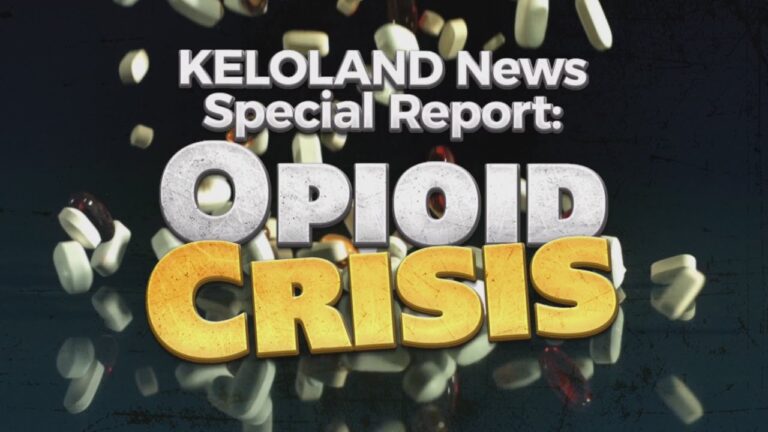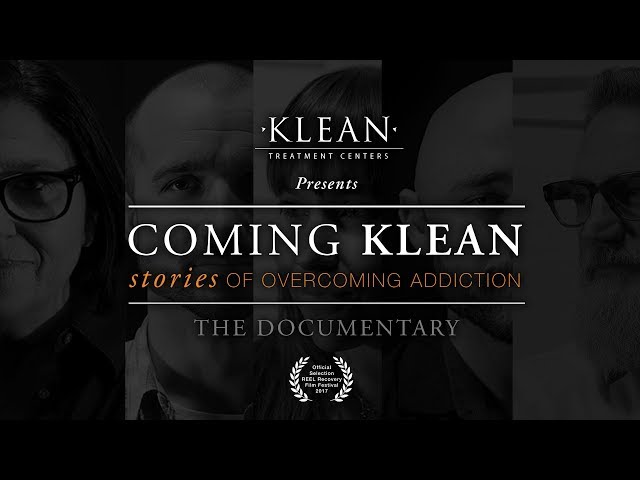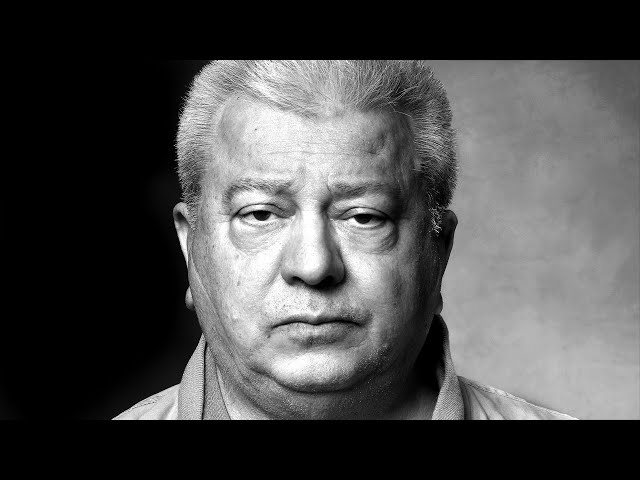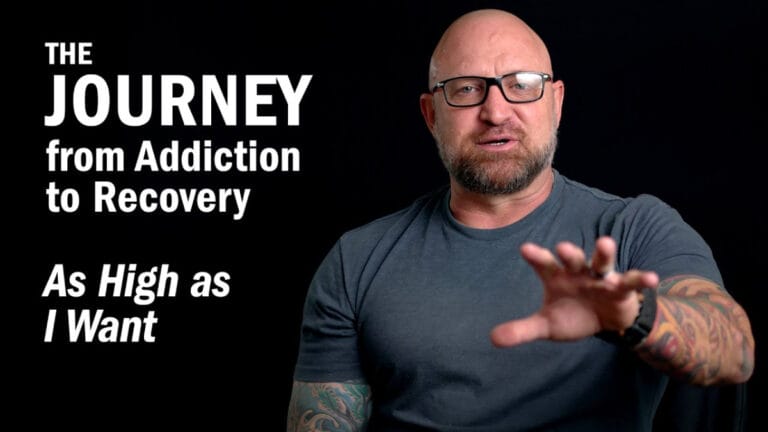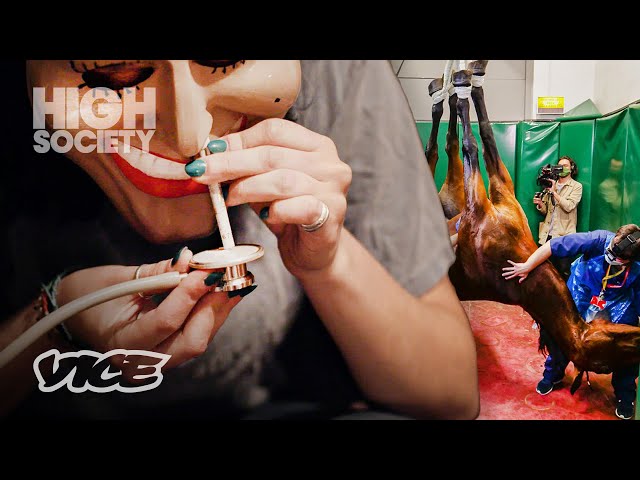Introduction
This documentary was created by the family members of Stephen, who overdosed on July 9th, 2018. After experiencing a traumatic event, Stephen began to struggle immensely with substance abuse, particularily with heroin, an opioid, and ultimately lost his life. His family discusses not only Stephen’s battle with mental health and addiction, but also the family’s history as well. From the impact of trauma, dual diagnosis / comorbidity, to family history, you’ll get to hear from Stephen’s family members on the impact he had on their lives and how an opioid overdose had fatal consequences.
Watch Now!
Quotes
“These days we’re trying to take stigma away from mental health problems and our mental health problems have always let to addiction, and that’s because the pain that people feel from their mental illnessess isn’t treated properly or openly spoken of. The pain is so severe that they’re looking for any way to stop the hurt.”
“When I was 14, I saw two of my best friends die in a car accident. I was supposed to be in the car with them and from that day forward I didn’t go one day without smoking weed or drinking and eventually that just wasn’t enough anymore.”
“According to the National Child Traumatic Stress Network, a person will begin using drugs and alcohol after experiencing a trauma up to 76% of the time.”
“For somebody who has a full-blown addiction, withdrawal management is much more tricky because the brain has been changed as a result of the disease of addiction and the symptoms are more intense and seem to obviously be alleviated by reuse of the substance … withdrawal management is crucial because relapse is so common during or right after withdrawal management.”
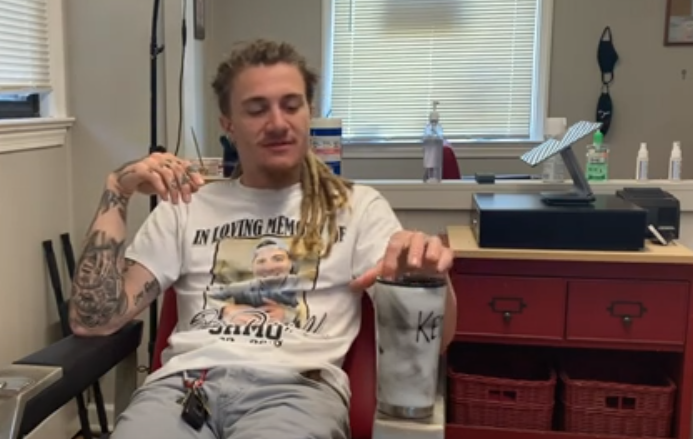
“I didn’t care who was involved. I didn’t care who was in front of me. I didn’t care for my girlfriend, my family, my sisters, my dad didn’t matter. That’s what I did and it’s what drug addicts do to get their next fix. There’s no sense of feelings when you’re in that addiction – you just go straight and do whatever you can to get that next one.”
STEPHEN’S COUSIN KENNY
Stephen’s Letter: Dear Drugs
“Dear drugs, I have to leave you. Don’t think it’s because I hate you, no, it’s because I love you more than anyone or anything in the world. You’re all that matters. Not my family, friends, money, work or school even come close to how important you are to me and you pretty much have pushed all of these things away from me. Don’t get me wrong, you were always there for me in my worst of times but the relief was only temporary and caused so much more pain in the long run. When things were good, it was great. When it was bad, it was awful. I can’t put myself through it again. I won’t survive. My best friend is dead from staying with someone like you. The more I’m away from you, the more I realize what is most important. My family is always number one and you won’t be the one to come before them anymore. Don’t worry, I’ll think about you every day. I’ll want to call you but won’t. You’ll always be part of me but you won’t define who I am.”
“I realized that I have a blessing with my family, that we can share our story, whether it’s mentall illness, mental health, or the addiction and the loss of my cousin Stephen, so that no one out there feels alone and they know that this is real. They know that it’s a disease and the know that if they’re struggling that help is available and they’re worth it.”
“I created a scholarship in memory of Stephen – Michael’s Giving H.A.N.D is the organization I speak for in schools … I share my story of mental health recovery and also my brother’s struggle and also my cousin’s overdose. I decided to create that scholarship because I felt like I had to do more … proceeds of my book The People You Meet in Real Life support the scholarship and it’s other incredible stories of people who have been through different things and just letting you know that there’s hope out there.”
Continue Learning
Hey there! I hope you found this resource useful! If you’re interested in learning more about some of the topics discussed, you can browse through these additional resources. Please don’t hesitate to contact me if you need help with anything else.
Dual Diagnosis
- An Introduction to Co-Occurring Disorders
- Co-Occurring Disorders – Introduction
- Common Comorbidities with Substance Use Disorders Research Report
- Comorbidities in Drug Use Disorders [PDF]
- Dual Diagnosis, Co-Occurring Disorders, & Comorbidity: What’s the Difference?
- The Link Between Substance Use and Mental Health
- The Substance Use And Mental Health Connection
- What Are Co-Occurring Disorders?
- Why Mental Health Disorders Co-Exist With Substance Use
Family History
- Addiction in Families
- Can You Inherit a Mental Illness?
- Family History of Substance Use Disorders: Significance for Mental Health in Young Adults Who Gamble
- From Genes to Addiction: How Risk Unfolds Across the Lifespan
- Laura Kiesel Describes Her Family History of Addiction
- Lifespan Risks of Growing up in a Family With Mental Illness or Substance Abuse
- Impact of Family History in Persons With Dual Diagnosis
- The Genetic Basis of Addictive Disorders
- The Genetics of Opioid Addiction
- Top 4 Inherited Mental Health Disorders: What You Need to Know
- Wasted: Exposing the Family Effect of Addiction
- When Mental Illness Enters the Family
Opioid Crisis
- Beyond Supply: How We Must Tackle the Opioid Epidemic [PDF]
- California’s Opioid Crisis
- Facts About Naltrexone [PDF]
- Fentanyl: America’s Grim New Opioid Addiction
- How America Got Hooked on Opioids
- How Good Intentions Contributed to Bad Outcomes [PDF]
- How the Government is Making the Opioid Crisis Worse
- Opioid Crisis: Addiction, Overprescription, and Insufficient Primary Prevention
- The Impact of the Deadly Fentanyl ‘Plague’ on One American City
- The Opioid Crisis in Canada: A National Perspective
- Understanding the Opioid Overdose Epidemic
- Unraveling the Start of the Opioid Crisis
- What Led to the Opioid Crisis – and How to Fix It
- Why Is There an Opioid Crisis?
Opioid Use Disorder
- 2-Minute Neuroscience: Opioids
- Drug Addiction: How Opioids Like Fentanyl Work
- How Do Opiates Affect the Nervous System?
- How Drugs Hijack Your Brain’s Mu Opioid Receptors
- Medications for Opioid Use Disorder
- Medications for Opioid Use Disorder
- Opiate Addiction | The Causes
- Opiate Addiction | The Signs
- Opiate Addiction | Why It’s So Intense
- Opiate Use Disorder or Opiate Addiction?
- Opioid Addiction (CAMH)
- Opioid Overdose (WHO)
- Opioid Use Disorder (NIH)
- Opioid Use Disorder: Medical Treatment Options
- Opioids & the Body: The Science of An Overdose
- Signs of Opioid Use Disorder
- Therapeutic Approaches to Opioid Use Disorder: What is the Current Standard of Care?
- This Is What Happens to Your Brain on Opioids
- Treatment of Opioid-Use Disorders
- What Causes Opioid Addiction, and Why Is It So Tough to Combat?
Share Your Opinion
If you have finished reviewing this resource and have some spare time, I would greatly appreciate it if you could provide your opinion. Was it useful and informative? Did you run into any problems or find something distasteful? I’m thankful for any constructive and helpful feedback to help me improve.
* Your review will be for this specific post and as a result will affect the star rating of the resource. All submissions are reviewed for approval to filter out spam and inappropriate comments. Your email is requested as I may want to follow-up with you. Please also be aware that your review may be placed publicly on this website for others to read.
There are no reviews yet. Be the first one to write one.
